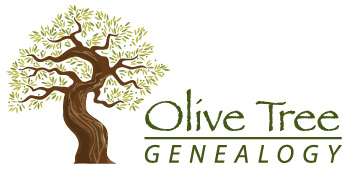Yesterday morning the Ninth circuit ruled in the “dancing baby case,” finding copyright owners must consider the fair use doctrine before sending Digital Millennium Copyright Act takedown notices to online hosts like YouTube.If the decision stands it will have a massive impact on copyright law and those who choose to put digital content online.
J. Michael Keyes is an intellectual property partner at the international law firm Dorsey & Whitney with extensive trial and litigation experience in cases involving trademarks, copyrights, unfair competition and false advertising. He has tried several cases in federal courts across the United States.
Recently, Mr. Keyes and his team obtained a final judgment and permanent injunction in the U.S. District Court for the Southern District of Florida on behalf of Rovio Entertainment, Ltd., the creator of Angry Birds®. He’s been watching this case closely and of the decision says:
“The Lenz decision is a path marking case in the world of copyright law. If a copyright holder sees unauthorized use of its content online, the natural inclination is to take appropriate steps to have that content removed (by sending a "take down" notice to the Internet Service Provider that is hosting the content, such as YouTube.com in the Lenz case). If the Ninth Circuit decision stands, a copyright holder now must first determine if the party that posted the content has a legitimate legal defense before requesting that the material be taken down. This is a significant development as it forces content holders to engage in a bit of copyright soothsaying before enforcing their rights,”
“What this decision means from a practical point of view is that anytime content owners see the unauthorized use of their content online (for example music, videos, etc) they will want to carefully consider their options before demanding that the content be removed. If the party that posted the content has a reasonable argument that it's use of the content was "fair" (I.e. That the poster was commenting on the work or engaged in some sort of educational endeavor) the copyright holder faces the specter of a claim for damages if a take down notice is sent,”



2 comments:
It does not matter who wrote it but it would be nice if legal arguments or statements would not use 'it's' as the possessive. Errors in word usage can make the reader question the authority of the whole artoicle.
@Howland Davis: Hear, hear!
Post a Comment